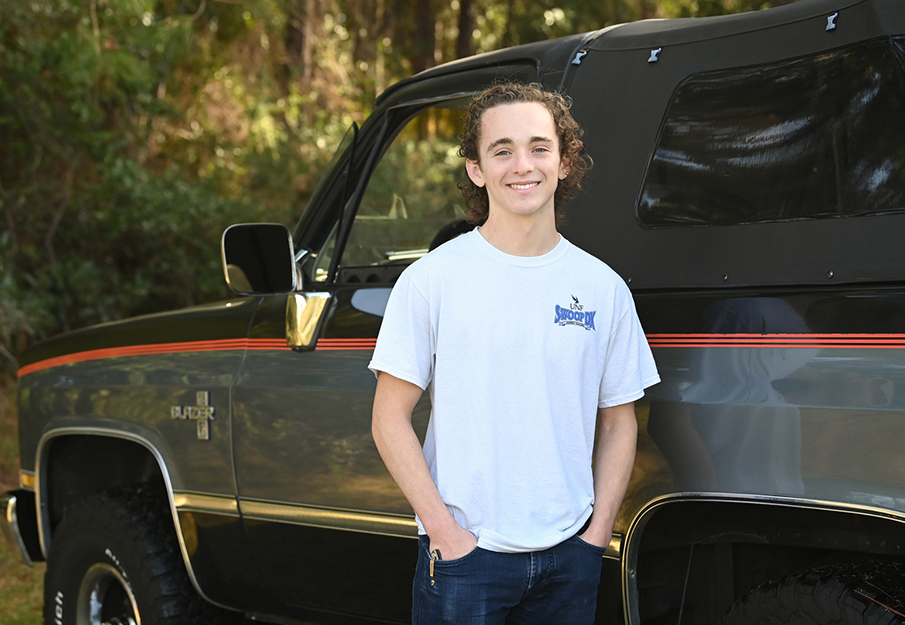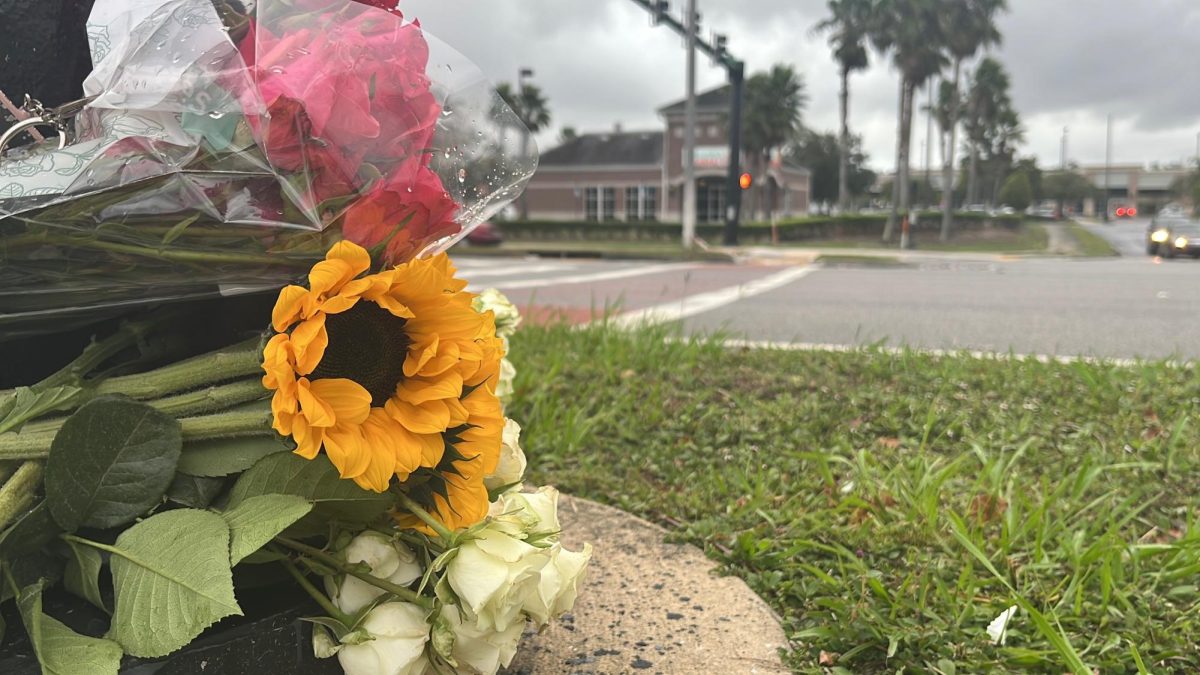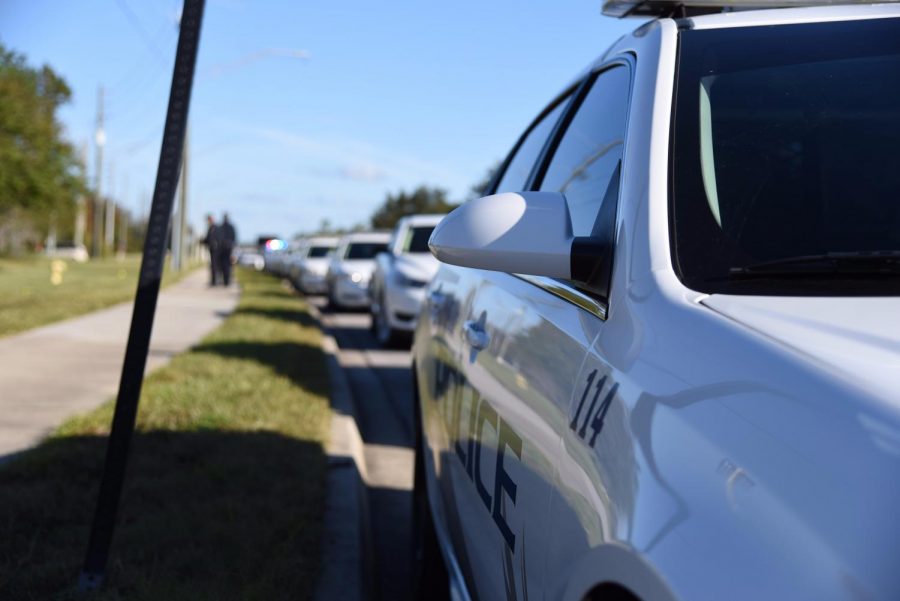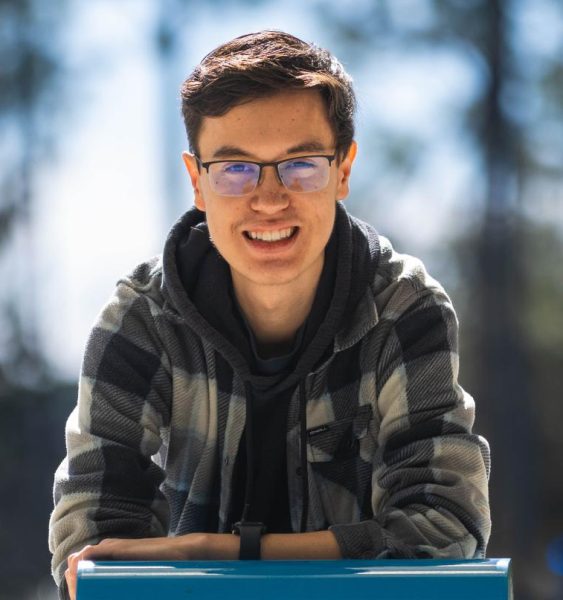The University of North Florida’s seventh presidential search will take place behind closed doors starting Monday after a new law, signed last week, exempts candidates’ details from being disclosed until at least 21 days prior to final interviews.
In a previous article, Spinnaker reported that the current UNF presidential search would be left unaffected by the new law but that is no longer the case.
Section 1004.098, signed March 15, makes the list of applicants private until a school’s search committee selects at least three final candidates. Any and all information — age, race and gender — pertaining to a candidate’s personal information will be exempt from public records requests, including recordings.
UNF gave the following statement on the updated presidential search:
“The University is working through the new legislation governing university president searches and after assessing the required processes and timelines, the presidential search meeting schedule has been modified to meet the new requirements. Final candidates become public when the finalists are selected. This is 21 days prior to finalist interviews by the Board of Trustees, which is on the timeline starting May 4 and can be found at https://www.unf.edu/trustees/president_search/.”
Kicking off in September 2021, the UNF presidential search has been advertised to the campus community as “robust and thorough.” In order to create a strong candidate pool, the search committee would be “transparent and inclusive.”
Transparent does not mean public, however. Until the final candidates are announced, all search committee meetings will now take place in private.
“Our hope, on the search committee, is that [this law] will increase the number and quality of candidates for the office of president,” President of the UNF Faculty Association, Professor and Board of Trustees Member John White told Spinnaker during a Monday morning interview.
The true amount in the current applicant pool is unknown, but White said he knows secondhand that there are a lot of deans who have applied. “There’s certainly a wealth of candidates.”
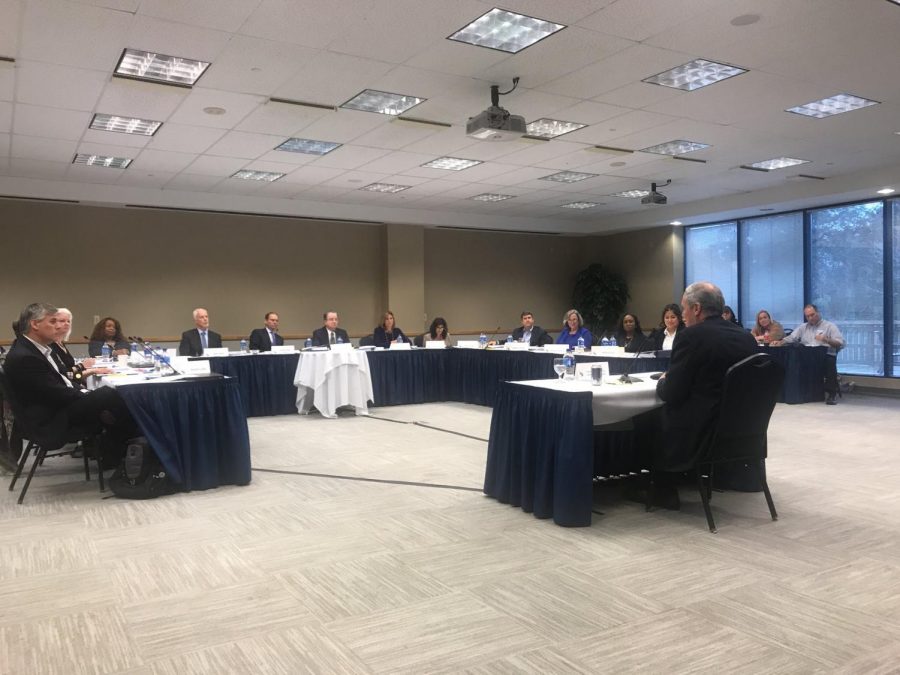
“So, let’s say we had a pool of 10 viable candidates. The public won’t know anything about any of them except the final three or four that get to the Board of Trustees,” he explained.
WittKieffer, the university chosen search firm in multiple past searches, according to White, has been told repeatedly by possible applicants that they would be more comfortable applying if their names weren’t public.
Prior to its signing, critics argued that the bill could bring corruption into the selection process because the public wouldn’t know who was turned down for the role.
In White’s words, the bill is “very poorly written” and creates the fear that it will “generate cronyism,” because the public will have less time to scrutinize the candidates.
Of course, the new law does not only affect the public’s viewing of the search but also their input until the very end.
“I think faculty will be rightly concerned because Florida has very liberal Sunshine Laws, very liberal transparency laws,” White acknowledged. “To exempt this search from public scrutiny, according to many [faculty members], is a step in the wrong direction.”
Concerned faculty believe that White may be right. Spinnaker reached out to UNF United Faculty of Florida President Nicolas de Villiers who gave the following statement over email.
“UFF is concerned because national research shows that secrecy in the search process benefits insider candidates. At UNF, the presidential search timeline has now been extended as a direct result of this new law. We strongly urge the UNF community to weigh in once the finalists are announced.”
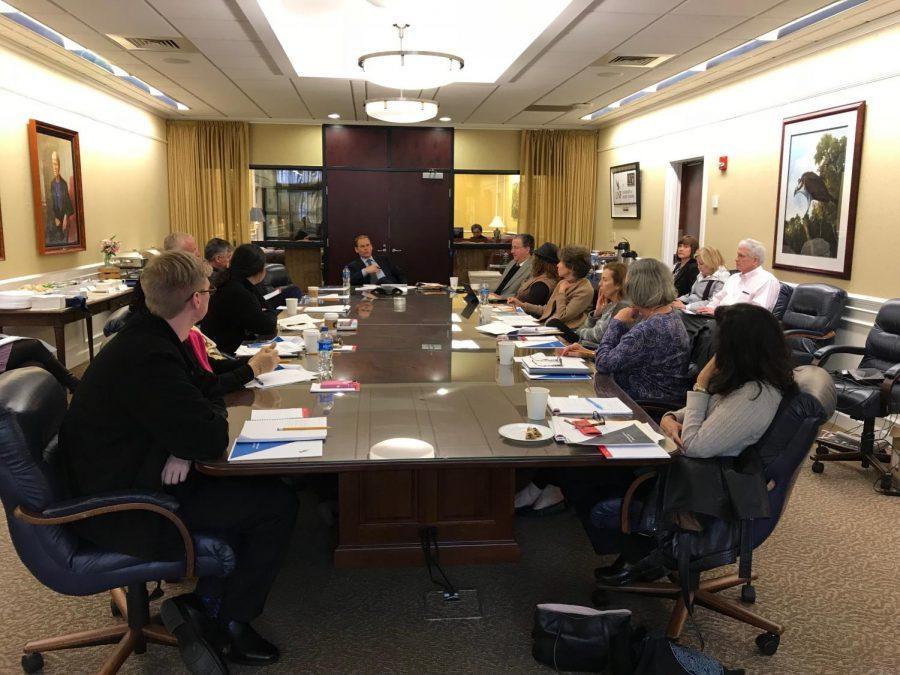
When the search first began, WittKieffer sent a poll to all faculty and staff requesting they nominate someone for the role, according to White. The goal? To gain insight on what campus members were looking for in the new UNF president. These nominations could be from where they did their doctoral program, where they went to university or even where they had friends working. Afterward, the search firm reached out to the nominations to ask whether they would be interested in applying.
“We did a lot of reaching out, the search firm did a lot of reaching out, so I’m hoping that there’ll be a good pool of candidates,” White said.
He closed with a promise: “We will hold faculty forums once the finalists are announced, both to select feedback just on what they see on paper but also to have forums with the candidates.”
There are four faculty representatives on the presidential search committee: Lakshmi Goel, Thobias Sando, Susan Perez and John White. View the updated search committee timeline here.
___
For more information or news tips, or if you see an error in this story or have any compliments or concerns, contact editor@unfspinnaker.com.




